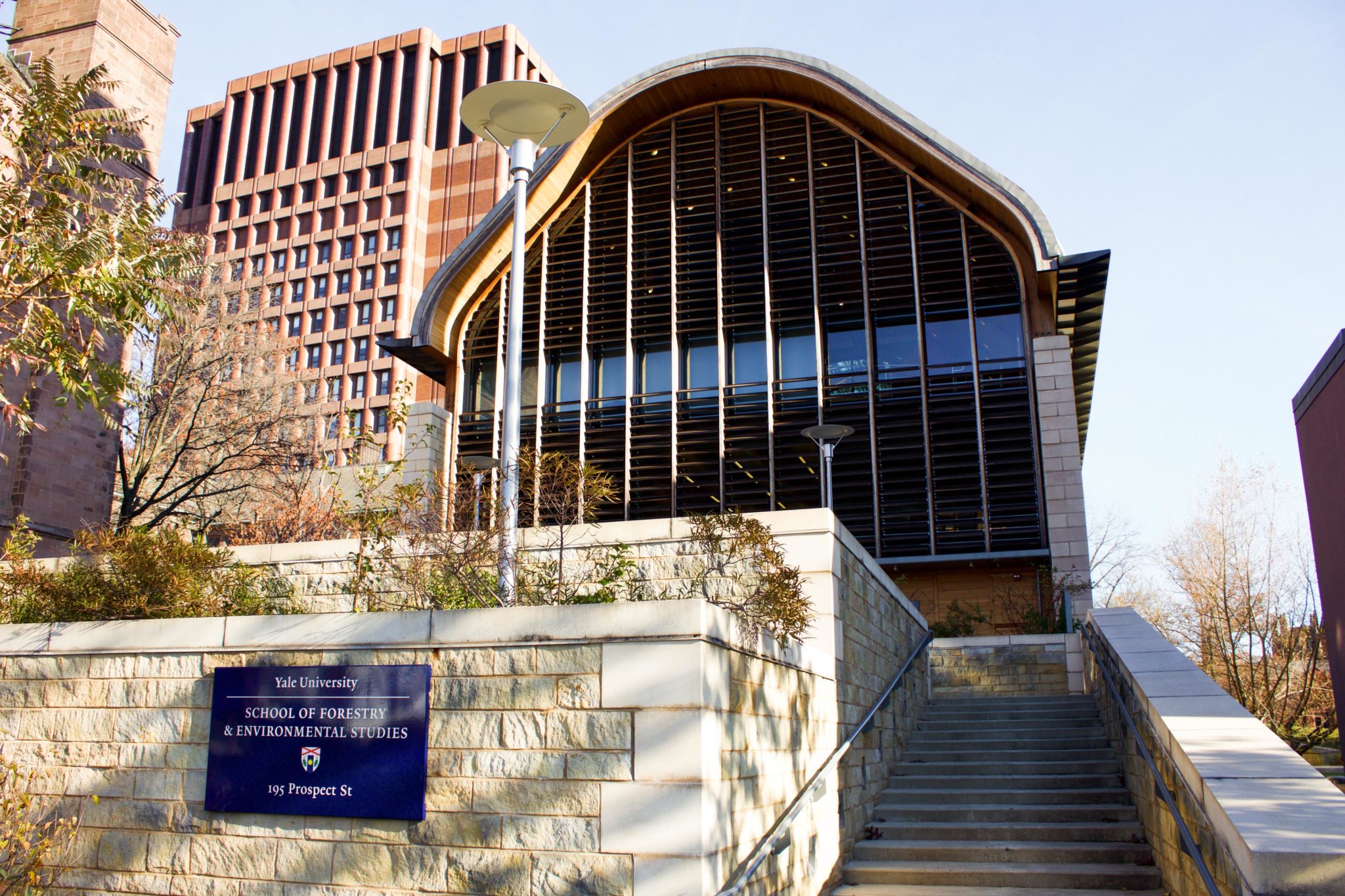
The Yale Center for Business and the Environment is launching a new online certificate program in clean energy to bring Yale to working professionals.
The program, called “Financing and Deploying Clean Energy,” opened its certificate admissions on Jan. 7 and is intended for working professionals interested in contributing to and working toward a transition to a clean economy. The program will admit approximately 75 individuals, and its courses will officially commence on July 8, according to Vero Bourg-Meyer FES ’15, program director for clean energy and finance at CBEY.
“CBEY has been experimenting with types of online learning methods,” Bourg-Meyer said. “They allow us to bring Yale to a broader community.”
According to the program’s website, the online courses will follow the trajectory of a typical academic year at Yale — beginning at the end of the summer, respecting typical breaks and wrapping up in May. Faculty for the courses include professors from the Yale School of Management, Yale School of Forestry & Environmental Studies and Yale College, along with experts from Yale alumni networks and CBEY’s industry partners.
Bourg-Meyer and Stuart DeCew SOM ’11 FES ’11, executive director of CBEY, view the certificate program as a valuable resource to professionals in the working world.
Bourg-Meyer described the program as an opportunity for professionals to broaden and expand their expertise, specifically in regards to their understanding of clean energy.
“Using the foundational skill set that we are providing, we hope that participants will become informed actors who can make clean energy projects happen,” DeCew said.
According to Bourg-Meyer, the process of designing and developing the program and curriculum has been challenging.
“We are trying to get the best of what Yale has to offer without requiring people to dedicate the time they could if they were on campus,” Bourg-Meyer explained. “Instead of fighting that fact, we’ve tried to build something around it. The challenge is one of balancing breadth and depth.”
DeCew added that online programs require a tremendous amount of planning and forethought. In standard classrooms, he explained, a professor can respond and react to students, tweaking and shaping a curriculum as the course continues. In online classrooms, student responses must be anticipated and addressed ahead of time.
Jonathan Silverthorne FES ’21 SOM ’21, the course manager for the Clean Energy Policy in the certificate program, emphasized that the program is coming at an important moment.
“Clean energy is a rapidly expanding field that is primed for exponential growth over the next 20 years,” Silverthorne said. “Yale has incredible intellectual and professional assets in clean energy financing, deployment and policy, and the course opens these up to a wider universe.”
The certificate program was developed in connection with the Poorvu Center for Teaching and Learning, Yale’s central hub for Yale’s digital education initiatives, according to Bourg-Meyer and DeCew.
Lucas Swineford, the executive director of digital education for the Poorvu Center, said that the Poorvu Center specifically assisted CBEY with course design for the program. According to Swineford, course design includes everything from producing video lectures for faculty of the program to exploring educational technology tools.
Swineford noted that the Poorvu Center is currently assisting two other professional non-degree programs at Yale. The first, through F&ES, is called “Conservation, Restoration, and Sustainable Use of Tropical Forest Landscapes.” The second is titled “Climate Change and Health” and is associated with the School of Public Health.
Industry partners of the program include the Yale Initiative on Sustainable Finance, GE Solar, the Connecticut Green Bank, the New York State Energy Research and Development Authority, the Connecticut Department of Energy & Environmental Protection Public Utilities Regulatory Authority, Covenant Solar and the Coalition for Green Capital.
CBEY was created in 2006 as a joint project by the Yale School of Forestry and the Yale School of Management.
Madison Mahoney | madison.mahoney@yale.edu .







